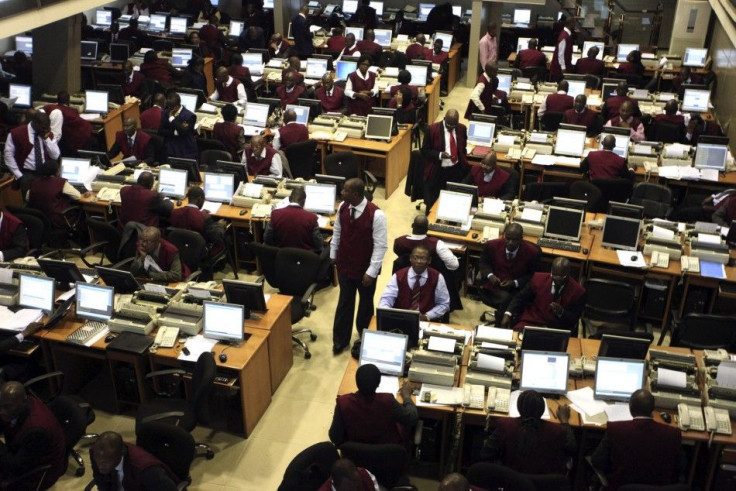Euro Zone Debt Crisis May Threaten African Economy

The Euro zone debt crisis not only threatens the economic well-being of European countries, but may also spill over to the rest of the globe, including Africa.
Speaking to BBC, the finance ministers of two of Africa’s premier economies, South Africa and Nigeria, worry that the failure by the European Union to contain the crisis will have grave consequences for their countries, particularly with respect to market volatility.
Essentially, Pravin Gordhan of South Africa and Nigeria's Ngozi Okonjo-Iweala warned that the volume or global trade may be reduced by Europe’s fiscal ills, hurting their local economies.
The new epicenter of the crisis in the euro zone is having a damaging effect on our economies, Gordhan told BBC, partly due to Africa’s dependence on trade with Europe.
Gordhan further accused European officials of ignoring the problems of the rest of the world.
When European leaders are unable to make the right decisions, we have money moving out of our economies into so-called safe havens, he said.
This has a major effect on our economies and the volatility of our currencies is not useful. [European politicians] do not have the capacity to manage their own backyard on the one hand, and [they must] ensure that they don't damage the rest of the world on the other.
Gordhan said that the debt crisis in Europe is harming economies thousands of miles way.
All of our economies are now sliding, whether we are in Brazil or India or China or wherever, he said. That is going to have massive consequences in terms of the overall global outlook.
South Africa, the largest economy on the continent, saw its GDP expand by 1.4 percent in the third quarter, below expectations. Bloomberg reported that the debt crisis in Europe (which buys one-third of the country’s exports) has forced Pretoria to reduce its employment and economic growth targets.
Meanwhile, Okonjo-Iweala of Nigeria lamented that global market volatility has similarly produced volatility in commodity products that Nigeria exports.
Sixty per cent of demand for Nigeria's products comes from Europe and the US, she told BBC.
What needs to be recognized when these decisions are being made in Europe, is how they can make more use of the dynamism of the developing world.”
Nigeria, African largest oil producer, is facing the threat of inflation, warned the country’s central bank governor, Lamido Sanusi. Speaking at a conference in Mauritius, Sanusi said: “Unless there is a massive threat to reserves, the case for loosening monetary policy has not been made yet. At the moment, inflation remains the threat. There is no clear risk to growth.”
In October, the inflation rate reached 10.5 percent, above the central bank’s 10 percent target.
Bloomberg reported that Lagos is also planning to eliminate fuel subsidies next year in order to save about 1.2 trillion naira ($7.5 billion) in state spending next year. Taking a ”cautious” approach to Europe’s financial problems, Sanusi said the Nigerian government is budgeting for an $70 per barrel oil price for next year’s spending plan, down from $75.
Meanwhile, Okonjo-Iweala also highlighted how the developing economies of the world are far outperforming the advanced nations of Western Europe, North America and Japan.
It is because many of our economies, even in Africa, have gone through some of the challenges the developed world is now going through, she said.
We have learnt lessons, we have learnt how to manage our economies to produce sustained growth. Africa has learnt to keep its debt at a sustainable level and is consistent when managing the macro-economy.
© Copyright IBTimes 2024. All rights reserved.





















